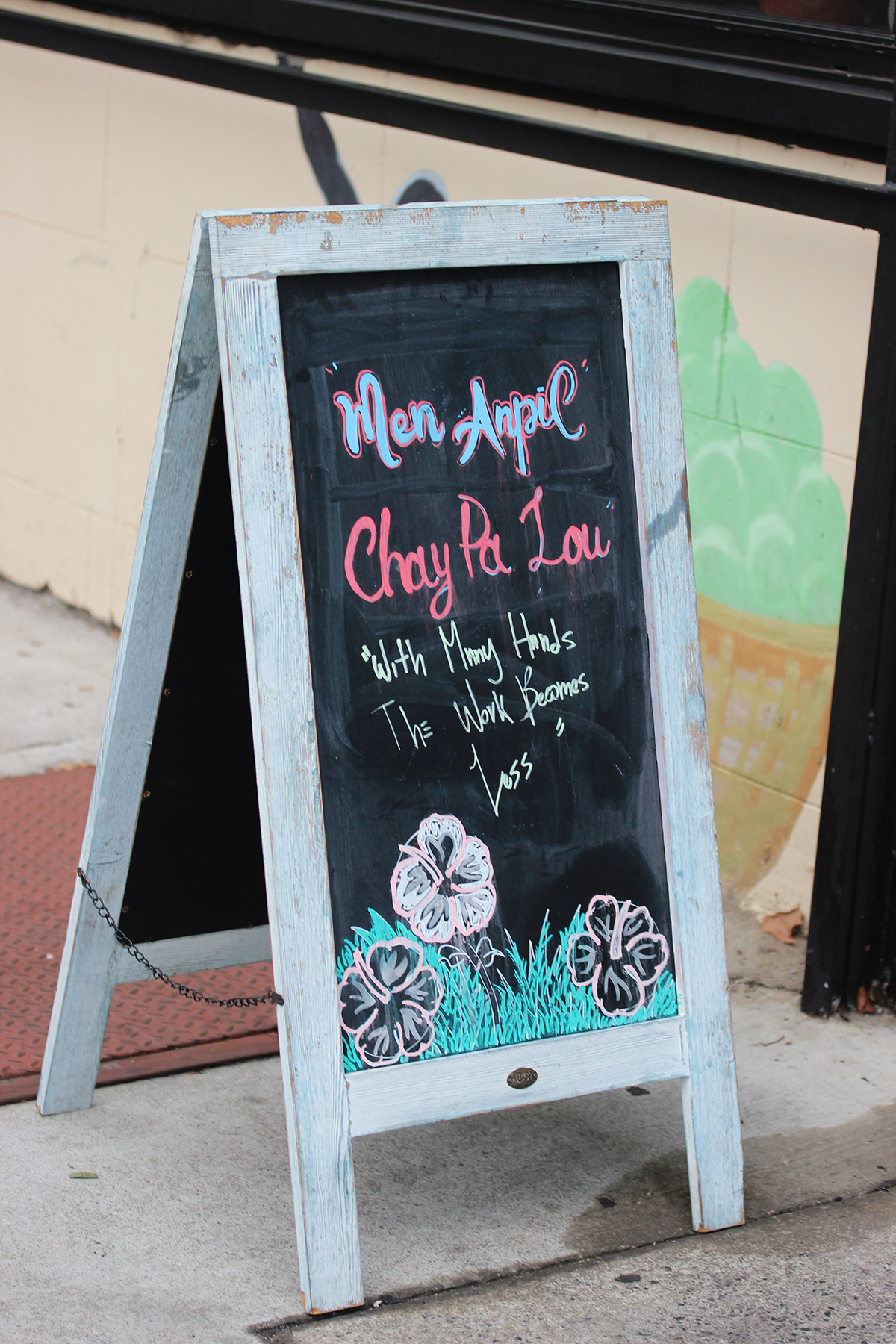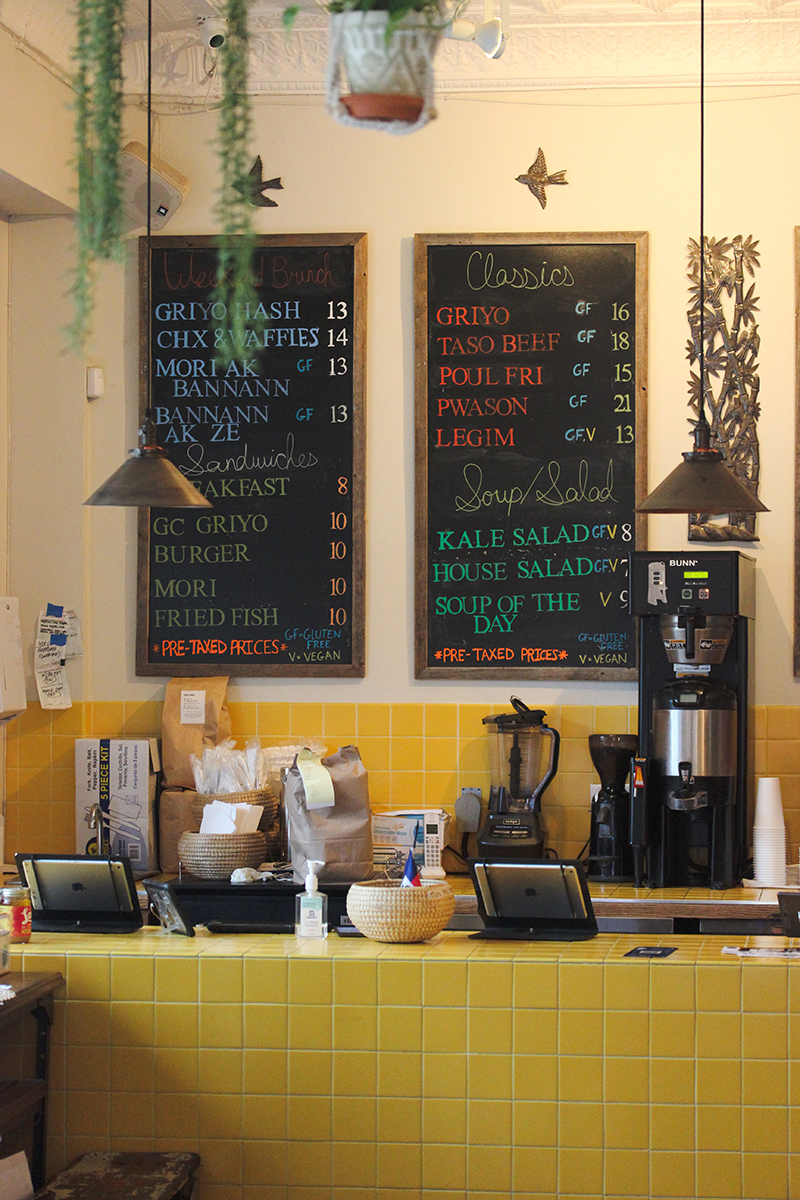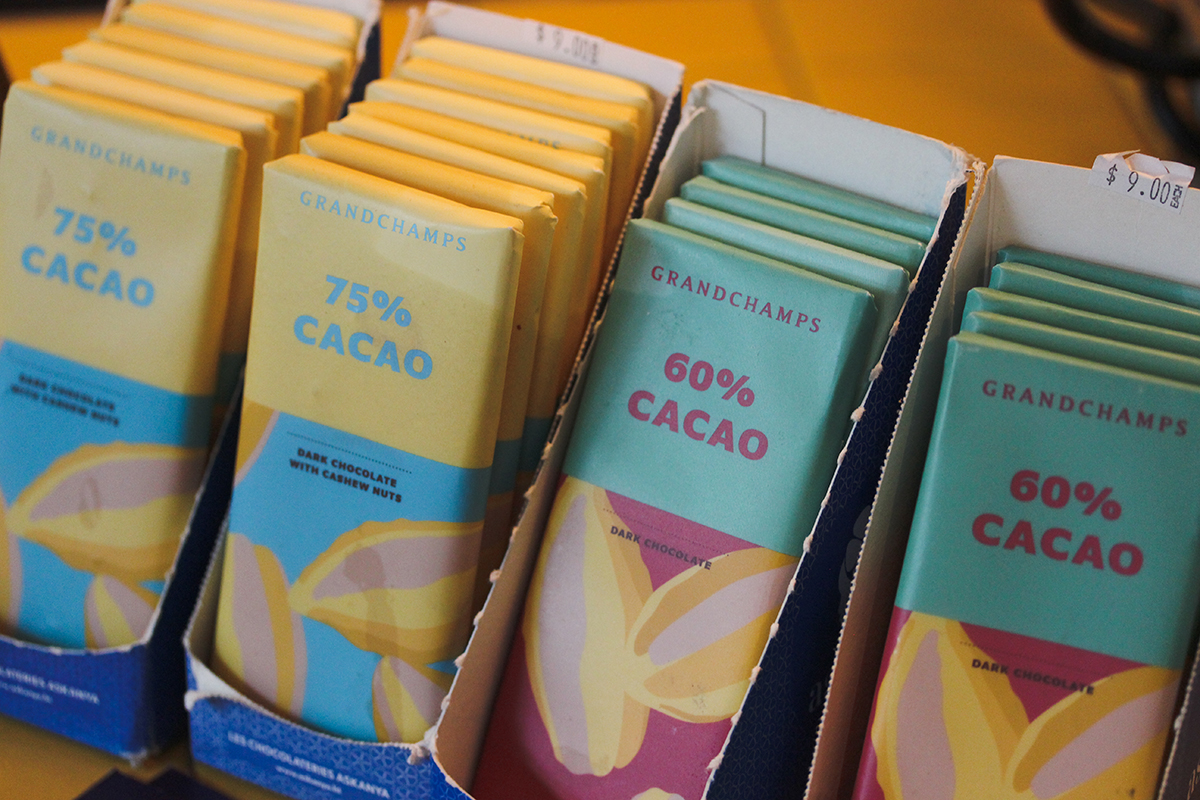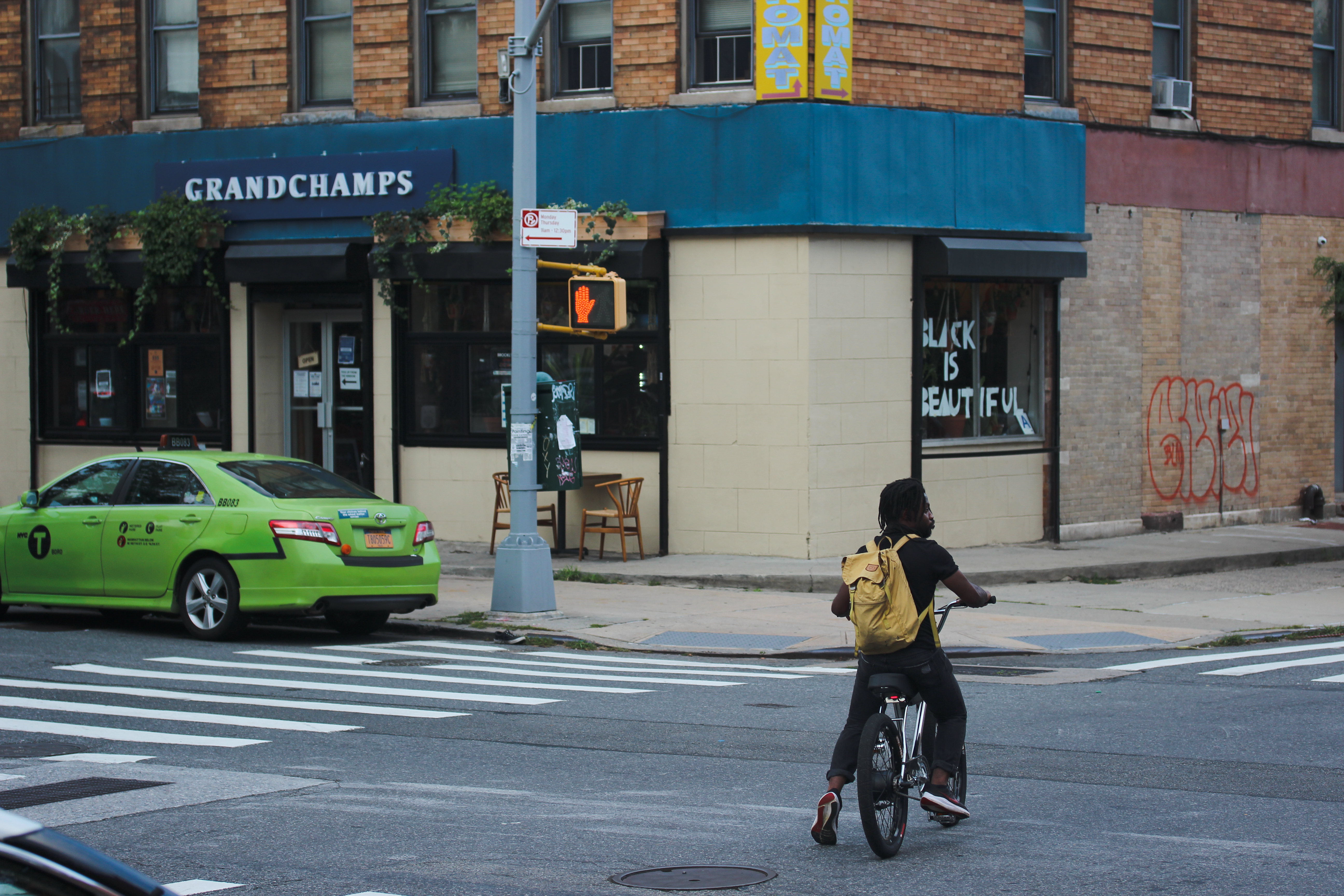Haitian women entrepreneurs weather challenges operating between Haiti and the U.S.


People were throwing rocks; gangs and police were shooting left and right, but Alnie Innocent needed to bring back three suitcases loaded with packaged foods to the U.S. from Haiti. She had orders to fulfill and a brand to protect.
“The customer won't understand. They pay their money. They need to get results. Sometimes, I have to put myself on the line when stuff like this happens,” Alnie explains. She puts on a positive and professional face for customers of Taste of Haiti, her subscription gift box company, regardless of what’s required on the backend.
Alnie is one of many Haitian women navigating the daily challenges of doing business in Haiti and selling in the U.S. These entrepreneurs see their businesses as an opportunity to provide jobs and improve livelihoods in their homeland of Haiti, which struggles with widespread unemployment and high poverty.
Another businesswoman, Corinne Symietz left a six-figure salary in management consulting to return to Haiti and build Askanya Chocolates with the mission of “creating revenue for farmers and blue collar jobs for women.”
Six years after the 2010 earthquake devastated Port-au-Prince and left the country’s economy paralyzed, Corinne vowed to build her business away from the capital in a small step towards decentralization for the country. Her grandmother had perished when their family’s house in the city collapsed, leaving the family’s summer home outside the city unoccupied. Corinne transformed the summer house into a chocolate factory, where she now maintains a staff of twelve and works with over 3,000 farmers.
In an environment where it’s much easier to manufacture goods in nearby countries like the Dominican Republic or the United States, being “made in Haiti” has outsized benefits.
Corinne points out that when products are manufactured in Haiti, not just the raw materials, her company aids an entire auxiliary team— “the people who fix our HVAC, take care of our garbage, babysit the kids of our employees; these are all additional people who get jobs thanks to us.”

Regine Theodat, owner of cocktail and sauce manufacturer MyaBèl, echoes this sentiment. She says that her biggest accomplishment with the business has been making a difference in the lives of her employees. Four women employed in the company’s production facility left abusive or “just not great” partners because they became financially stable enough to do so.
“Their sons and daughters are not going to see that anymore and they're going to see that their mother moved on,” Regine says. “One woman's son is very talkative; that's probably indicative of how bright he is. And he was just going on and on, ‘my mother has a house’ and it was just so cool because his mother has a house.”
These accomplishments are not without their challenges. Like Corinne, Regine built her home and production facility outside of Port-au-Prince to avoid turmoil in the capital, but recently, “unprecedented” gang violence and threats to local businesses in her neighborhood have become untenable.
“The Askanyas and MyaBèls are an easy blueprint for poverty alleviation and then where we get stuck is our government. I have pivoted so many different ways with our business that I'm stuck trying to figure out how to pivot again through this current gang situation,” Regine laments.
She recounts a day when the police raided a gang in her neighborhood; she stepped out of her home with her toddler and suddenly “rounds and rounds” of gunfire went off. The police chased the gang members “throughout the neighborhood, through the river, and back ways.”
“Somebody needs to be in charge. We need to have basic security, basic electricity, basic water,” Regine stresses.
Her business is entirely vertically integrated from farming to distribution, which required a significant investment in infrastructure from Theodat herself. “We literally have created our own water system here, our own septic, our own electricity, everything,” she said. “We've been our own little governments, our own little economy. We do everything on our own.”
In The World Bank’s “Ease of Doing Business Index,” Haiti ranked 179th out of 190 in 2020, and is considered one of the most difficult places to conduct business, ranking below several countries engaged in ongoing armed conflicts such as Afghanistan and Syria.
Safety for business owners is not guaranteed. In Alnie’s words, “When you get too big, you really become a target.”
Regine, Corinne and a man named Mike Bellot received an award from the Haitian government for the success of their small businesses. Mike, the founder of a solar-powered backpack company, was kidnapped by gangs in January. Regine, frustrated, says, “Where was the government when he was kidnapped? They gave him an award two years ago!”

These small Haitian businesses have a very tight relationship, where they support and learn from one another. Corinne and Alnie are part of a WhatsApp group called “Haitian Food Ladies,” which includes founders of various food businesses that operate between Haiti and the U.S. Included in this group are the creators of popular local Brooklyn restaurants, Cassandre Davilmar of Lakou Cafe in Crown Heights and Sabrina Grandchamps of Grandchamps in Bed-Stuy.
“We are either celebrating each other or complaining to each other,” says Edgina Desormeu, another entrepreneur in the group. “It’s great to have that sounding board.”
Edgina started her Haitian snack bar named Bonbon Lakay out of Brooklyn after traveling with Corinne to Haiti several years ago. Edgina recently opened a brick-and-mortar store in Park Slope, which sells among others Askanya, MyaBèl, and Taste of Haiti products.
“Edgina has genuinely become like a sister to me,” Alnie describes. “We help each other out when Haiti has issues. Sometimes, we try to import together. All of us helping is better than one person helping.”
The practice of unwavering support is steeped in Haitian tradition. A beautifully illustrated sign outside Grandchamps reads, “Men Anpil Chay Pa Lou” and subtitled, “With Many Hands The Work Becomes Less.”